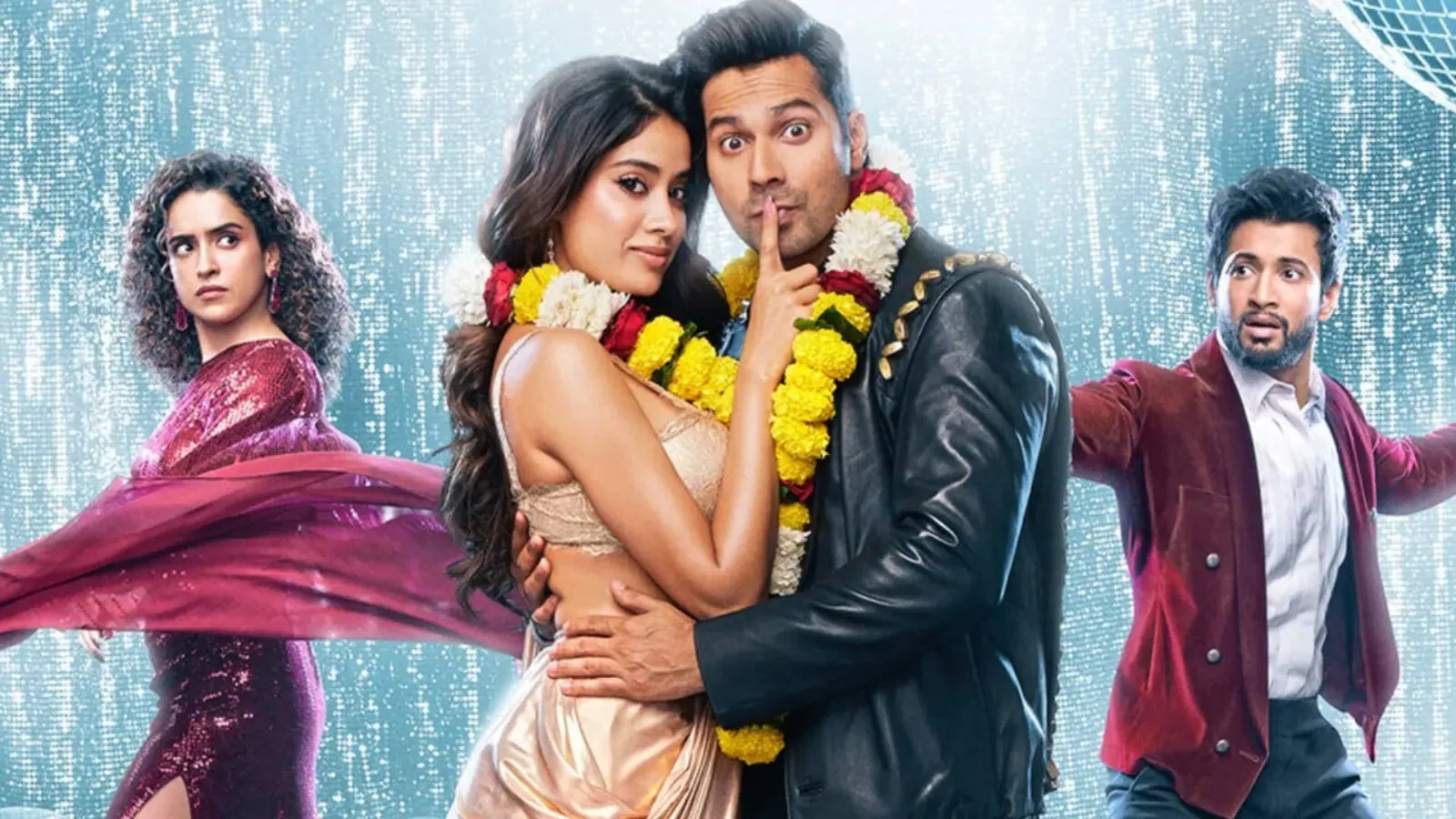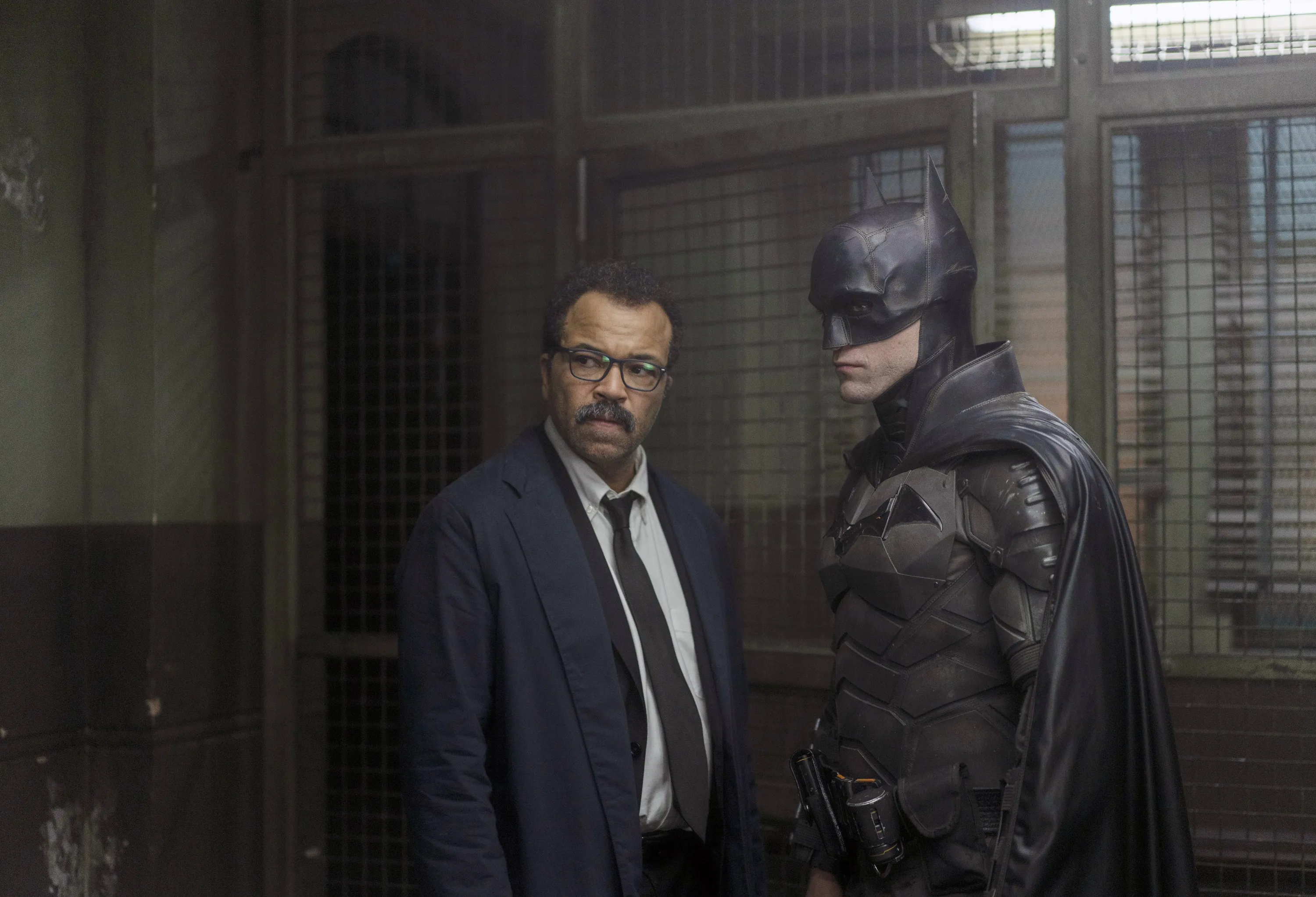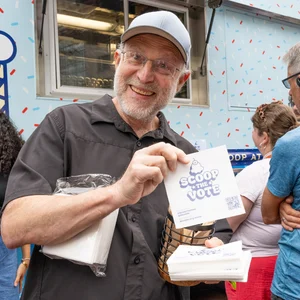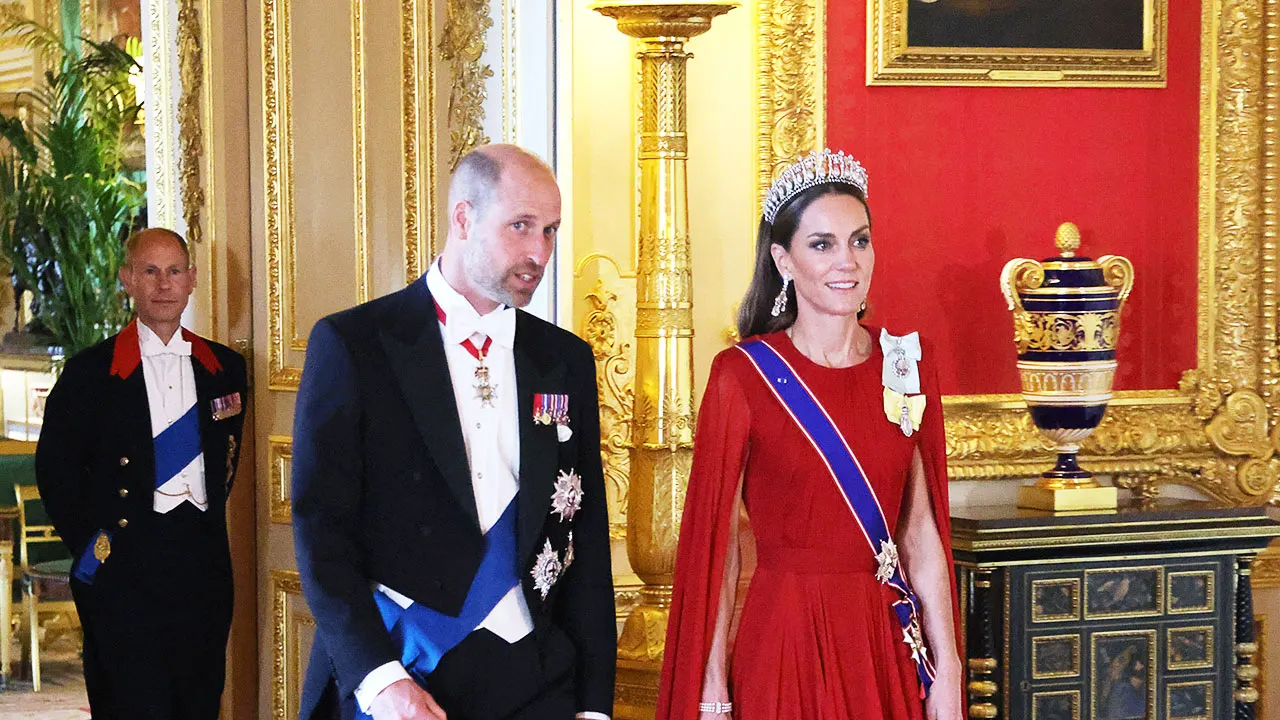Sunny Sanskari Ki Tulsi Kumari Review: Varun Dhawan-Janhvi Kapoor’s Chemistry Revive The Classic Bollywood Romcom
By News18,Yatamanyu Narain
Copyright news18

Sunny Sanskari Ki Tulsi Kumari Review: Walking into the theatre for Sunny Sanskari Ki Tulsi Kumari feels like stepping into a familiar ballroom where the chandeliers have just been polished and the band is tuning its instruments. You already know the waltz, after all, Shashank Khaitan choreographed this dance once before, almost a decade ago, with Humpty Sharma Ki Dulhania and Badrinath Ki Dulhania. Those films stitched a new grammar of the modern romcom for millennials, embroidered with chart-topping music, effervescent casts, and scripts that glittered with wit and simplicity. They spoke to an audience in flux, people growing out of the dreamy optimism of the 2000s and stepping into the practical chaos of urban India. And here we are again, years later, watching Khaitan attempt to hand down the same heirloom charm to a Gen-Z audience. The good news? The sparkle hasn’t dulled.
The film is at once hilariously boisterous, romantically tender, and quietly observant of the cultural tides of its time. Nostalgia hangs in the air like the scent of old jasmine, yet the rhythm is contemporary enough to keep you tapping your foot. One feels the old grammar of Bollywood romance being gently remixed for an era that scrolls on reels, swipes for validation, and uses vocabulary like “situationships” to define emotions once considered sacred.
The story begins with a grand, almost absurd tableau: Varun Dhawan’s Sunny Sanskari, clad in a Baahubali costume, preparing to propose to his beloved Ananya (Sanya Malhotra) in a spectacle of filmi devotion. The image is instantly comic and revealing, love here is performance, love is exaggeration, love is still very much a stage. But as in every great romcom, the balloon of joy bursts in the very next beat. Ananya admits her parents have already chosen Vikram (Rohit Saraf) for her, and worse, she dismisses Sunny as nothing more than a situationship. The word stings not only Sunny but the audience too, a reminder of how modern relationships are often whittled down to ambiguous, fragile labels.
In that rejection lies the first crack of heartbreak, but Khaitan is clever enough not to sink into melodrama. Instead, he pivots towards comedy, and introduces Janhvi Kapoor’s Tulsi Kumari, Vikram’s abandoned sweetheart. A simple schoolteacher with heartbreak stitched into her every gesture, Tulsi is the counterpoint to Sunny’s flamboyance. Unlike Sunny, who hides his pain with bravado and humour, Tulsi wears her emotions openly. She sobs, she vents, she remembers, and she allows her heartbreak to spill into the world around her. Where he is dramatic in a performative, comic way, she is dramatic in her rawness, unafraid to show her grief or her anger. Their chemistry is born not out of silence but out of shared vulnerability, the chaos of two broken hearts colliding in loud, messy honesty.
When Sunny learns of Tulsi’s sorrow, he enlists her in a harebrained scheme: pretend to be lovers, crash the grand destination wedding of Vikram and Ananya, and perhaps reclaim what was lost. What follows is a carnival of antics, sabotage disguised as sincerity, Bollywood reels uploaded in real-time, and dance numbers so audacious they might have stepped straight out of a Dharma fever dream. There are choreographed sequences that wink at the audience’s collective memory of Bollywood weddings, and there are also intimate moments where the camera lingers on a stolen glance or a suppressed smile. But, of course, the central question lingers: in trying to win back their pasts, might Sunny and Tulsi stumble into a future together?
Khaitan stages this spectacle with his trademark gusto. The sets drip with opulence, think chandeliers the size of egos, palatial lawns where heartbreak looks prettier, and banquet halls where emotions are exaggerated by décor. The dance numbers pound with infectious energy, and even the cameos (yes, Karan Johar and Prajakta Koli pop up) feel like playful winks at the audience. The film embraces every cliché of a Dharma romcom, slow-motion entries, over-the-top sequences, wedding glitz, and somehow bends them into satire and celebration at once. It is as if Khaitan knows the tropes by heart, and instead of discarding them, he chooses to exaggerate them until they become both commentary and entertainment.
The dialogues are another beating heart. They crackle with humour precisely because the characters wear them like second skin. Sunny’s atrocious, yet oddly endearing poems are accompanied by his self-aware defense, “Meri kavita Rahman ke gaane ki tarah hai, dheere dheere hit karti hai.” These lines work not because they’re clever, but because they are delivered with absolute conviction. The pacing holds strong through the first half, which whirls with energy and inventiveness, only to wobble in the second, which occasionally stumbles under the weight of its own excess. Subplots feel rushed, certain emotional arcs are hurriedly tied, and yet, the film never fully loses its heartbeat. Still, the laughter and warmth carry it forward.
Music, often the lifeblood of a romcom, does not disappoint. Yes, it treads familiar ground, but the thumping beats of Panwadi and Bijuria, alongside the aching sweetness of Ishq Manzoor and Tumse Behtar, ensure your ears are as entertained as your eyes. The album is both frothy and soulful, as though designed to first fill the dance floors and later sneak into playlists of heartbreak. Formulaic, perhaps, but undeniably effective.
As for performances, the ensemble thrives. Varun Dhawan is in his sweet spot, his flair for comedy meets an emotional undercurrent that makes Sunny Sanskari both ridiculous and relatable. He bounces between comic exaggeration and quiet longing with ease, reminding us why he continues to be Bollywood’s most bankable romcom star. Janhvi Kapoor glimmers as Tulsi Kumari, capturing both innocence and melancholy with disarming ease. There is something refreshingly unrestrained in her performance, she does not bottle her emotions but lets them flow freely, and yet she remains luminous in every frame.
Sanya Malhotra, however, emerges as one of the film’s most intriguing presences. Ananya could have easily been reduced to a shallow plot device, the woman who leaves one man for another, but Sanya lends her role a depth that complicates the equation. She oscillates between glamour and confusion, between desire and duty, embodying a woman torn not by melodrama but by the quiet weight of choices that feel both right and wrong at the same time. There is a charm to her vulnerability, a flicker in her eyes that suggests she knows more than she says, and a fragility in her pauses that makes her indecision utterly human. Long known for her nuanced, realistic performances in serious films, Sanya here finally revels in a more commercial, glamorous role, and she does so without losing her craft. Her chemistry with both Rohit Saraf and Varun Dhawan anchors some of the most emotionally messy yet compelling moments in the film, making Ananya a character you may not always agree with, but one you cannot ignore.
Rohit Saraf brings tenderness to Vikram, a man caught between privilege and powerlessness. Saraf’s boyish sincerity makes his character more than just a rival, he is a gentle reminder that love stories are rarely about villains, but about timing. Maniesh Paul steals scenes as the eccentric wedding planner, injecting the narrative with much-needed zaniness, while the supporting cast, from Abhinav Sharma’s loyal sidekick, Akshay Oberoi’s brooding antagonist, Rohitashv Gour’s lovable patriarch, stitch the chaos together with verve.
The film does flirt with social commentary, though it treats these moments like passing guests at a wedding, acknowledged, but not fully embraced. There are faint nods to generational shifts in relationships, parental control, and the commodification of weddings, but these are left as subtle seasoning rather than the main dish. Khaitan does not aim to preach, only to entertain, and in that choice lies both the film’s strength and its limitation.
In the end, Sunny Sanskari Ki Tulsi Kumari isn’t just a romcom. It is a vibrant echo of a cinematic tradition, one that knows its tropes, pokes fun at them, and still manages to make your heart leap in sync with its music. It is imperfect, a little unruly, occasionally rushed, but also joyous, sincere, and unexpectedly profound. It reminds us that romcoms, like old songs, never truly go out of style. They are recycled, remixed, repackaged, but at their core, they still hold the power to make us believe in love, even if just for two hours in a darkened theatre.
The film leaves you with laughter in your chest, warmth in your heart, and the faint aftertaste of nostalgia. It is cinema that does not shy away from its filminess, and perhaps that is its greatest gift, an unabashed celebration of love, heartbreak, and the chaos in between.



